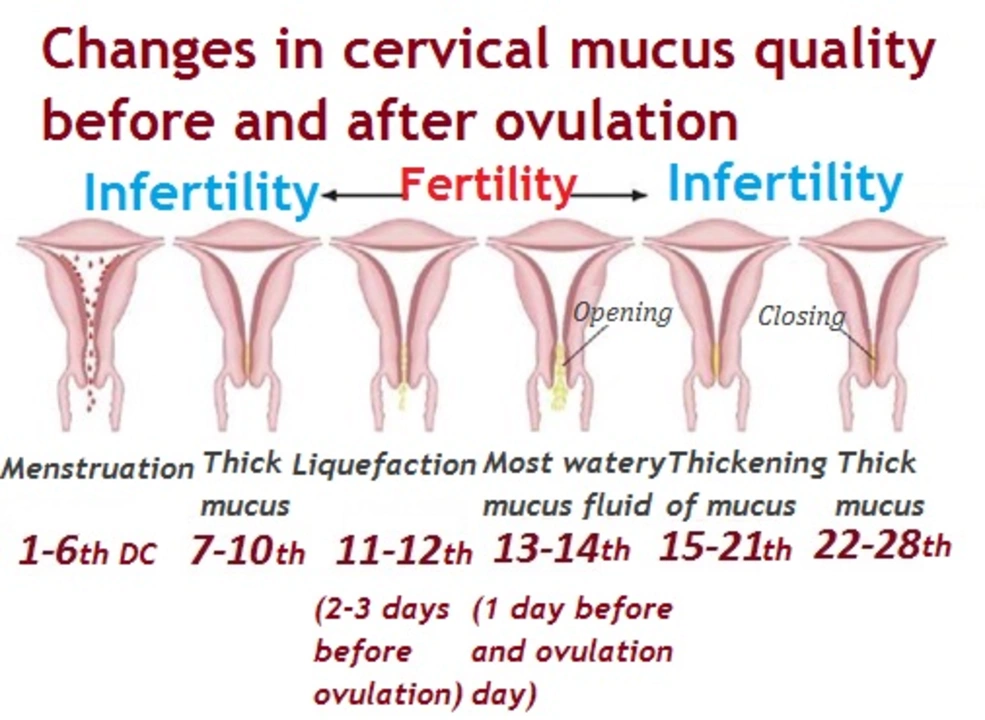Hormonal imbalance: Signs, causes and what to do now
Hormonal imbalance can make you feel off—tired, moody, bloated. It happens when glands like thyroid, adrenals, ovaries or testes produce too much or too little hormone. You don’t need fancy tests to notice patterns: sudden weight changes, heavy or missed periods, acne, hair loss, low libido, sleep trouble, or cold intolerance are common red flags. Keep track of symptoms for a few weeks so you can describe them clearly to a clinician.
Causes
Common causes include thyroid disorders, polycystic ovary syndrome (PCOS), menopause, stress-driven cortisol shifts, poor sleep, rapid weight changes, and medications. Certain antibiotics, steroids, or long-term antihistamines can alter hormone levels. Lifestyle matters: chronic overeating, under-eating, high caffeine or alcohol, and inactive routines all nudge hormones out of balance.
Start with simple checks you can do at home. Note menstrual cycle regularity and track basal body temperature for a few months if fertility is a concern. Measure resting heart rate and energy across the day—thyroid problems often bring low energy and cold sensitivity, while excess cortisol gives jittery anxiety and poor sleep. Record when symptoms are worse: after stress, after starting a new drug, or after travel. This timeline helps your provider.
What to do
When to see a doctor? Make an appointment if symptoms disrupt daily life, if you’ve lost or gained a lot of weight without trying, or if periods change dramatically. Ask for basic labs: TSH and free T4 for thyroid, fasting glucose and insulin for metabolic issues, and for women, testosterone and prolactin as needed. Don’t expect a single test to tell the full story—hormones fluctuate and often need repeated checks or referral to an endocrinologist.
Treatment depends on cause. Thyroid problems usually respond well to hormone replacement or regulation. PCOS management often includes cycle control, insulin-sensitizing strategies, and lifestyle changes. Menopause symptoms can be eased with targeted hormone therapy when appropriate. Stress and sleep interventions are powerful: better sleep, reduced caffeine, short-term counseling or stress coaching, and regular movement lower cortisol and improve symptoms.
Practical steps you can try now: eat regular balanced meals with protein and fiber, move 30 minutes most days, aim for 7–8 hours of sleep, cut back on sugary drinks and excess alcohol, and manage stress with short daily practices like deep breathing or a quick walk. Keep a simple symptom log and bring it to visits. If you use online pharmacies or supplements, check product reviews and pharmacy credibility before buying.
Common missteps include self-diagnosing from forums, stopping prescription meds suddenly, or chasing unproven supplements. Ask your provider about interactions if you’re buying meds or supplements online. Bring a list of all drugs, including over-the-counter and herbal products. Small, steady changes beat dramatic quick fixes. Follow-up labs after three months often show whether treatment is working.
Trust your instincts and always ask questions.

The effects of thyroid disorders on the regulation of ovulation and menstruation
Apr 29, 2023, Posted by Mike Clayton
In my latest blog post, I discussed the significant impact thyroid disorders can have on the regulation of ovulation and menstruation. I found that both hypothyroidism and hyperthyroidism can lead to irregular periods and even infertility. It's crucial to understand that thyroid hormones are directly involved in regulating reproductive hormones, which in turn affect the menstrual cycle. Early detection and appropriate treatment of thyroid disorders can help in restoring normal menstrual function and improving fertility. It's essential to consult with a healthcare professional if you suspect any issues with your thyroid, as addressing the problem can make a huge difference in your overall health and well-being.
MORESEARCH HERE
Categories
TAGS
- treatment
- online pharmacy
- dietary supplement
- side effects
- generic drugs
- medication adherence
- medication safety
- health
- dietary supplements
- health benefits
- online pharmacy Australia
- generic substitution
- adverse drug reactions
- thyroid disorders
- gabapentin
- treatment option
- calcipotriol
- blood pressure
- erectile dysfunction
- closer look
